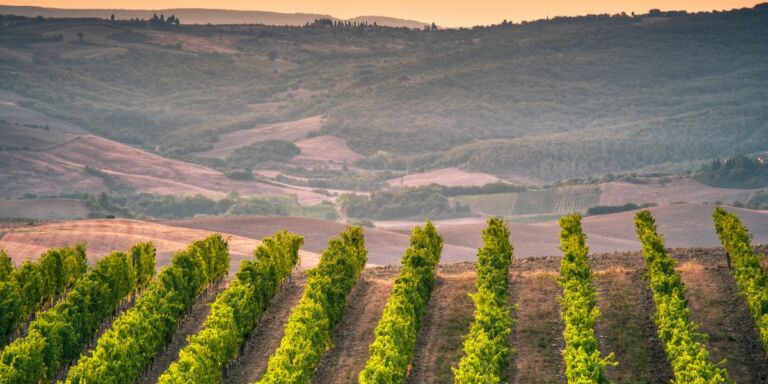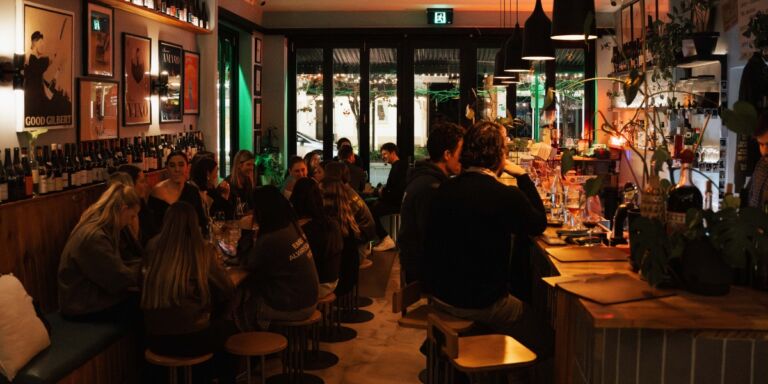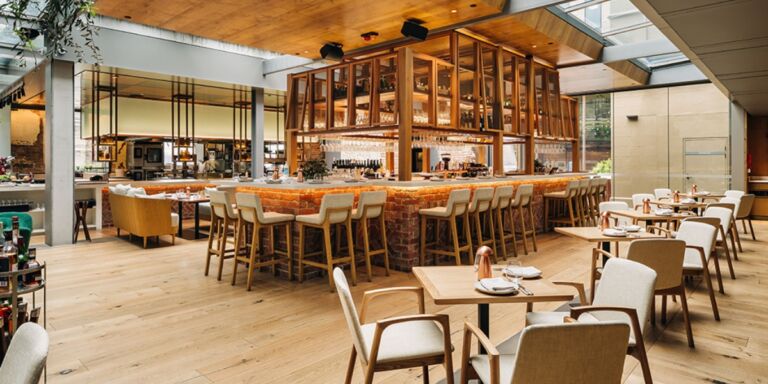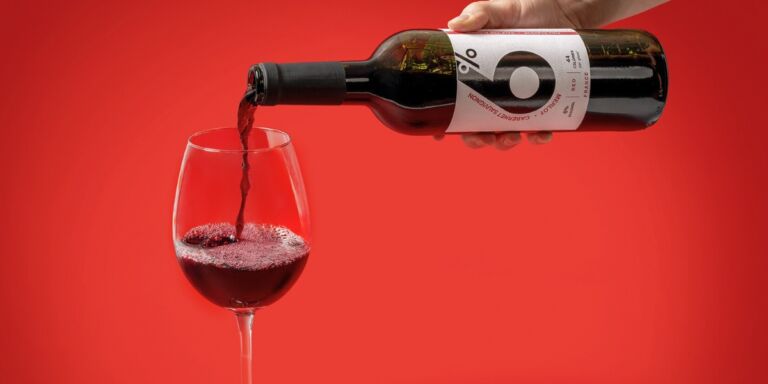We’re putting your wine-related questions to the world’s top sommeliers in our Ask the Sommelier series. In this instalment, group head sommelier at Singapore’s Park90 Lucas Liu explains all things biodynamic wine.
‘I’ve been trying to make more of an effort to buy organic, sustainably sourced, or locally farmed food, and I’d like to take the same approach with wines. There are so many buzzwords surrounding ‘natural’ wine that I’m finding it hard to truly understand what makes a wine biodynamic, what makes it different from organic or just ‘natural’ wine and whether there’s any difference in the resulting flavour or quality.’
Alivia from California, USA

Sommelier Lucas Liu responds:
‘Biodynamic wines are different from natural wines because of the certification and farming methods involved. So-called ‘natural’ wines have no official definition or set of rules, and there’s little control across the vinification process of these wines. In biodynamic winemaking, for example, natural or indigenous yeasts are preferred, and there are rules on the amount of sulphites that should be included in the wines.
‘Organic wines are slightly different to biodynamic wines too, as organic wines are usually focused on using organic grapes, avoiding the use of chemicals, and not adding sulphites, a product winemakers use to prolong the shelf life of their wines.
‘Biodynamic wines are part of the organic winemaking movement, but with stricter rules around creating an ecosystem in the vineyard, which eventually leads to the vineyard being able to take care of itself, the goal of biodynamic farming.
Biodynamic winemakers often produce pure wines that aim to express the terroir of where they’re made
‘Biodynamic wine is made using farming methods based on biodynamic theory – an ethical, ecological, and even spiritual approach to viticulture or agriculture in general. The approach focuses on farming methods that make the most of all components of the vineyard as one entity, eliminating the use of chemicals and using natural materials and composts. Although the use of natural materials and methods is important in biodynamic winemaking, the wines aren’t always completely sulphite-free.
‘Following the biodynamic calendar created by Rudolf Steiner (the founder of the biodynamic approach to agriculture) is another integral part of this process. The calendar labels days such as ‘fruit day’ for harvesting, ‘leaves day’ for watering, ‘roots day’ for pruning and soil working, and ‘flower day’ for just leaving the vines be. A wine can only be certified and labelled as biodynamic after three years of following those farming practices.
‘You might have seen pictures of cow horns to illustrate this style of farming, and it is the case that some biodynamic vineyards use them. The cow horn is filled with dung and buried with the tip pointing upwards to supposedly balance the pH levels in the soil.

‘In terms of taste, there is no particular common flavour or style of wine that means you can tell if a wine is biodynamic. However, it’s often the case that biodynamic winemakers produce pure wines that aim to express the terroir of where they’re made, so they can be really quite special and unique.
‘Some such bottles include Gramona’s Celler Batlle, a wine from a pioneering biodynamic Cava producer (now under Corpinnat) in Penedes in Spain. For whites, I can recommend Nikolaihof Wachau, one of the oldest wine estates in Austria, which has been practising biodynamic winemaking since 1971, making it one of the longest biodynamic wineries in the world. Its Grüner Vetliner and Riesling wines have lots of energy, are age-worthy and truly delicious.
‘In the red wine world, I recommend Michel Chapoutier, a producer from the Rhône Valley known for its single-varietal and single-vineyard wines, and for making biodynamic wine before anybody else in the region – and also a pioneering force in the organic and biodynamic movement in France as a whole. The estate’s Syrah, Marsanne and Roussanne, in particular, are simply magical.’
Interview by Louella Berryman
Do you have a question to put to the world’s top sommeliers? Send them to editor@cluboenologique.com








